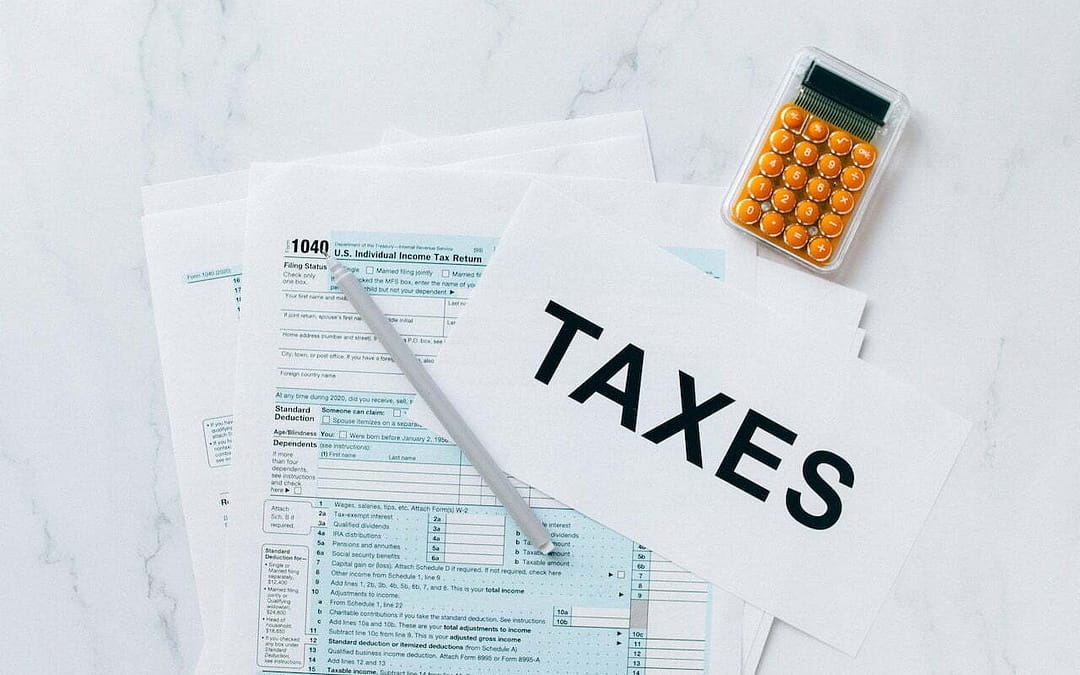1: State tax definition
2: How state tax works
3: state vs municipality tax
4: example of State tax.
Opening information:
State tax breaks into two words state and tax. The state means the condition of something or place or matter or things extra…. tax means a collection of part of something from the whole matter.
State tax means levy or fee for income which is conditioned by the government to pay from all incomers.
This article contains information about what is state tax, How the state tax works what is the difference between a state tax and a municipality tax, and finally about the example of a state tax.
1: State tax definition
Every country has multiple states. which this state is called a different conditioned place. The country of the federal government had one rule. However, the states have different rules based on their culture, religion, and activities.
When the state governments are named and start to rule their place. They collected fees among their all people on their income. Which is called state tax.
This State tax rate is changing every year if necessary. So businesses or individual who make any type of income are forced to pay taxes on their income.
Say if the country had 11 states, each states are conditioned by different rules, all the states won’t have the same rules and regulations.
So each state has different tax laws, which means different tax rates based on their government.
But the thing is all the governments of 11 states must have to follow the federal rules which are implemented for the whole country people’s.
Because the federal rules are implemented and determined by all 11 state governments. So all the states had to collect their tax to run their governments. Next, let’s see how the state tax works.
2: How state tax works
When comes to state tax everyone thinks person’s state tax rate. But the state tax is not the same.
Each category of individual, self-employment, industries, and corporation extra… Would have different state tax rates.
So if the taxpayer is a Corporation, the corporation has to pay and follow state corporation tax laws, not an individual State tax law.
Moreover, corporations have more benefits and lower tax rates when compared to all other self-employment businesses.
State taxes aren’t bigger than federal taxes but the state government has the authority to offer the tax-free state tax.
On the other hand, if the taxpayers of Corporations, do business in another state they have double taxation. The payer who earns the money in the other state has to pay the tax to the other state.
They don’t have to pay the tax for their whole income in another state. Instead, they could only pay the state tax which is earned in their other state.
But when comes to their resident State, They have to pay the state taxes for the whole income amount after the state tax deduction from all the outside states.
This is how all the state taxes are deducted from individuals to businesses, On the other side most people confuse the state and municipality taxes let’s dig into it.
3: state vs municipality tax
State taxes are the taxes that are collected from all the people from the states. However, municipality taxes are the local government taxes that are not collected from all the people in the states.
Because municipalities are a local government which is a town, city, villages extra…
The municipalities are contained in the states so the municipality couldn’t tax all the people in the state instead they would have the authority to tax their local people or businesses.
The key difference between a state and a municipality are municipality is a local government, state is occupied with all local governments.
To make you more clear about the State tax, let’s dig into one example of State tax.
4: example of State tax.
Let’s say company D had an income of 100 million dollars. Now the 50 million are earned from the other states in the total of 100 million dollars.
So the other non-resident states the tax rate would be 5.4% percent for the 50 million dollars which is the earnings of company D from the other states.
After the 50 million taxed at 5.4 percent company D would end up with 47.3 million dollars.
Moreover, Company D earned 97.3 million dollars after paying state taxes to other state governments.
Next, company D would have a state tax on their residential state which is 6 percent. So now 97.3 million dollars would be taxed at 6 percent, which leaves Company D with 91.4 million dollars.
Here example only established the taxes of state taxes, which the federal tax is not mentioned, so this example would only apply to state tax.
Market rule: #100185
State tax is a market rule which collected by the public business in the income tax, but states are unavoidable by any industry. At the same time making investment decisions on what the state’s taxes are responsible for from your side, you couldn’t raise any compliance regards this.
If your investors are not comfortable or align investing with based on market rules please learn about how to regulate your investments under your control with the use of Rule investing.

